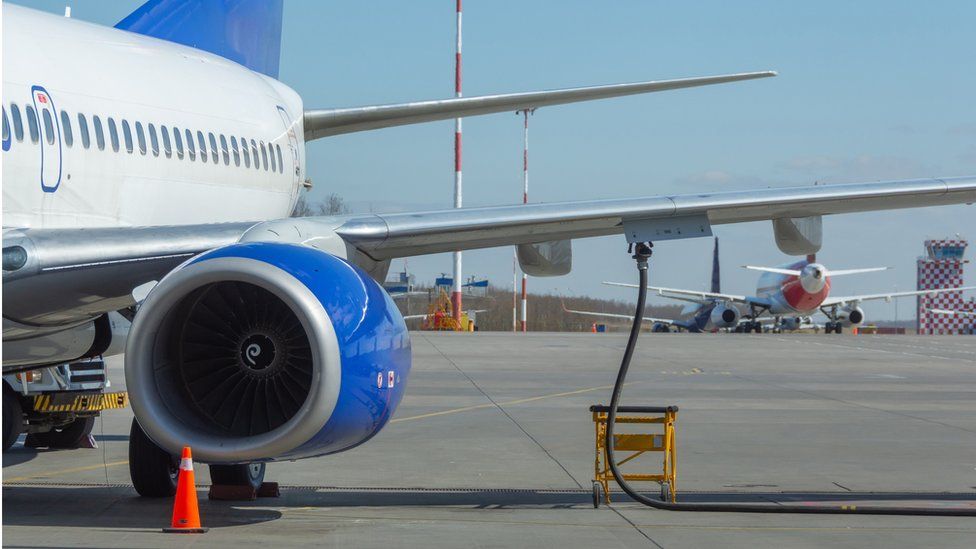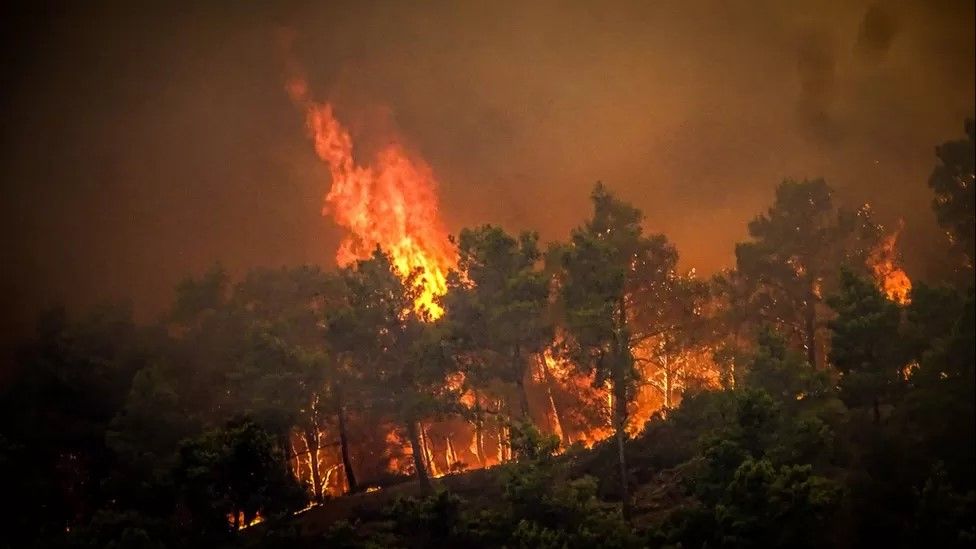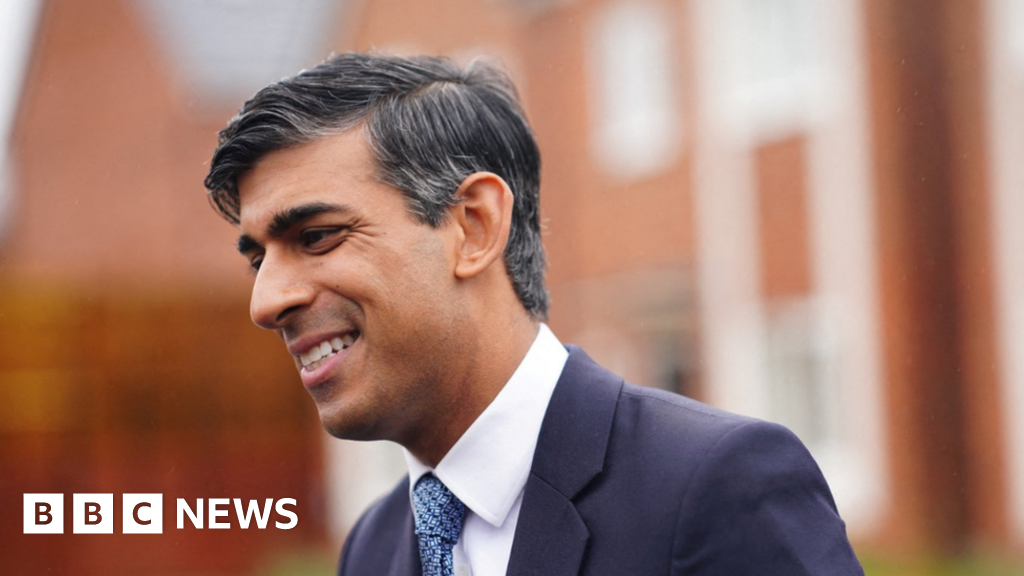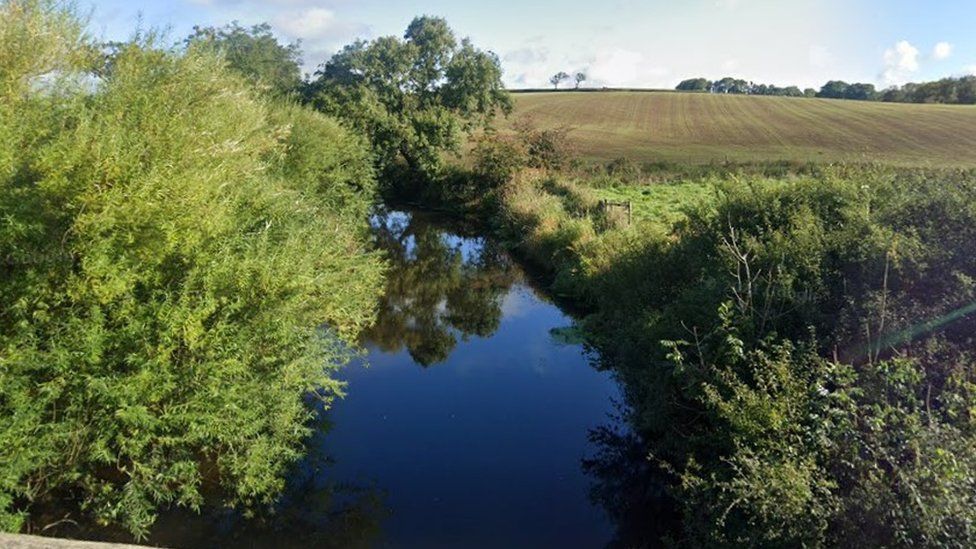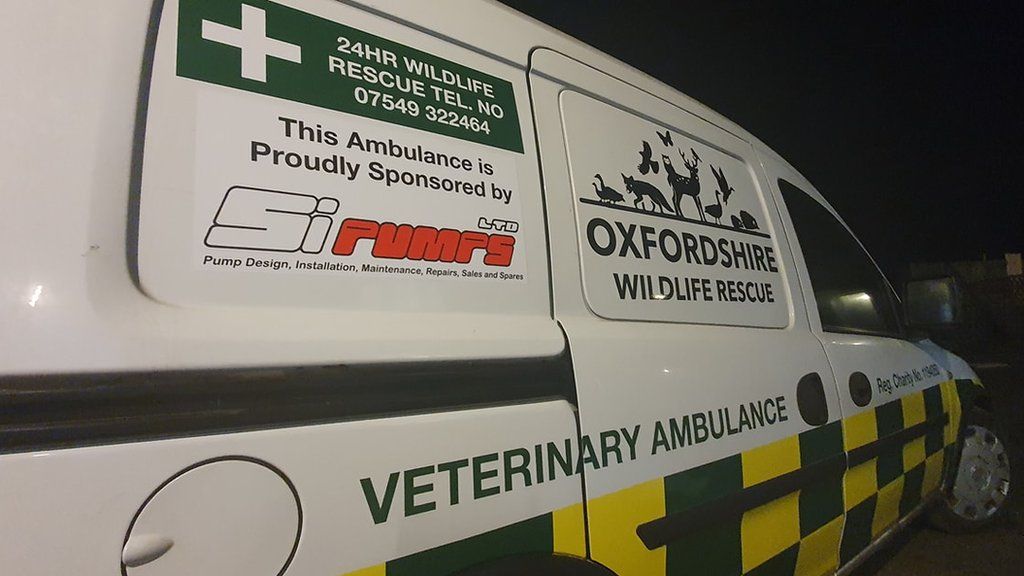Although you might be hoping that guilt-free flying is just around the corner, scientists warn that it is still quite a ways off.
Greener jet fuels with lower environmental impacts are the foundation of plans for flying that is climate-friendly.
The government's goal of achieving "jet zero" flying by 2050 depends heavily on the transition to sustainable fuel.
But the Royal Society comes to the conclusion that there isn't currently a single, obvious fuel substitute.
Emissions from aviation account for 2.4 percent of global greenhouse gas emissions and 8% of UK emissions. These gases warm the atmosphere, causing climate change and global warming.
Governments and the aviation sector are experimenting with ways to lessen the effects of traditional kerosene fuel on the environment as demand for flights is predicted to rise.
Four alternatives to the 12.3 million tonnes of jet fuel used annually in the UK were examined by the authors of the Royal Society report.
It came to the conclusion that none could temporarily take the place of fossil jet fuel.
Very little biofuel, primarily made from crops, is now used by some airlines. London Heathrow is the world's largest user of biofuels, but it only makes up 0.05 percent of the fuel used at the airport.
According to the Royal Society, producing enough to supply the UK aviation industry would require half of the country's farmland, putting stress on food supplies.
Hydrogen fuel produced using green electricity is an additional choice. To make enough green hydrogen, though, the UK does not currently produce enough renewable electricity.
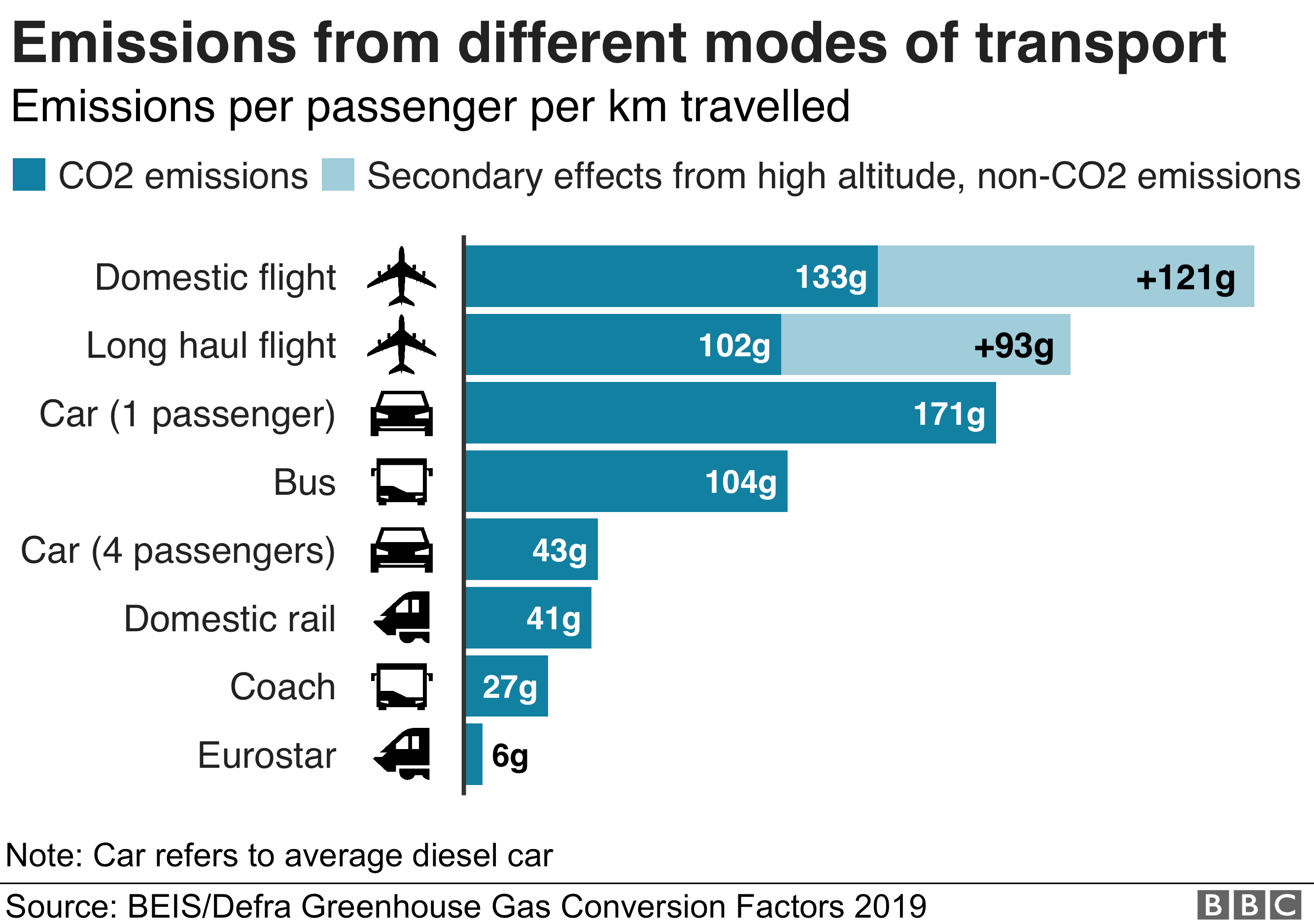
Existing aircraft engines cannot run on hydrogen-based fuel, which is another significant barrier.
Ammonia and synthetic fuels are also being considered, but they require even more green hydrogen and are not certain if they can be used by current aircraft.
The precise amount that each alternative fuel would lessen the effects of flying on the environment is still unknown, according to the authors.
However, they emphasize that in the long run, an effective alternative fuel will probably be developed, but that in the meantime, airports and airplanes will need to be redesigned.
They are advocating for more research into environmentally friendly aviation fuel and arguing that if the UK made investments to address the issue, it could take the lead on a global scale.
According to them, a new fuel must have a high enough energy density to be used on lengthy flights, be commercially viable, safe, and usable everywhere.
Environmental activists, however, contend that the government must also encourage people to fly less.
Nowhere is this more true than with air travel, says Leo Murray, director of innovation at climate charity Possible. "Not all aspects of modern life in Western nations have an easy 'technofix' for the damage they do to the environment," he adds.
The small group of people who take about 70% of flights out of UK airports, according to his organization, should pay a tax.
"A Frequent Flyer Levy would target reduced demand among the group responsible for most of the current environmental damage, while leaving the annual family vacation untouched," he claims.

